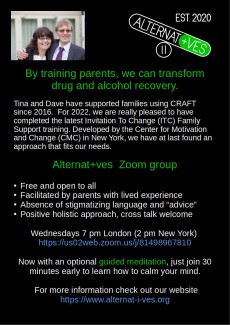Introducción: El trastorno por consumo de sustancias asociado al trastorno bipolar comórbido a nivel nacional presenta una frecuencia de 1.8%. Esto podría deberse a la dificultad para realizar el diagnóstico, la derivación y el manejo temprano de los casos, además de estar asociada a patologías médicas y polifarmacia, lo que resulta en un aumento de costo total en salud. Pocos estudios en Latinoamérica, se han diseñado para describir las características de la coexistencia entre ambos trastornos mentales, que detallen el curso clínico y comparen sus resultados con los obtenidos en otras partes...
